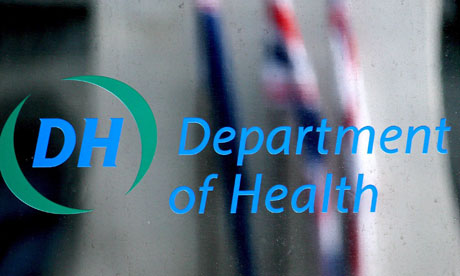MP discloses news of gagging orders on the day that Cynthia Bowers, the CQC boss, faces Commons select committee

The department launched an inquiry into the CQC last November. Six CQC employees have been put under gagging orders. Photograph: Andy Rain/EPA
A health watchdog with responsibility for protecting NHS whistleblowers has asked at least six employees to sign confidentiality agreements that stop them from criticising the organisation publicly.
The disclosure has alarmed one member of the House of Commons' public accounts committee, which will question Cynthia Bower, the CQC boss on Wednesday.
The news emerged in a parliamentary question put down by Barclay. The Department of Health confirmed that two people received special severance payments in 2011, three in 2010 and one in 2009, payments that totalled around £100,000. The department launched an inquiry into the CQC last November over alleged failures that could have risked patient care. It coincided with inquiries from the National Audit Office and the public accounts committee.
Bower was appointed chief executive in July 2008 and has been involved in controversy since. She was previously chief executive of NHS West Midlands and was criticised following the publication of the report of the investigation into high mortality figures at Mid Staffordshire NHS Foundation Trust in March 2009.
A CQC spokeswoman said that the confidentiality agreements for the six employees were put forward because staff were often privy to confidential information about patients and providers.
"The terms of CQC's severance agreements are not intended to and do not in fact prohibit former employees from talking about the CQC and their work for it in general terms or participating in public inquiries connected to their work for CQC.
"It should also be noted that compromise agreements are widespread and commonly used in both the public and private sectors where contentious issues arise in respect of employment issues. Any suggestion that CQC's compromise agreements could prevent whistle-blowing would be a dramatic misrepresentation of the facts," she said
http://www.guardian.co.uk/society/2012/jan/24/care-quality-commission-gagging-orders
